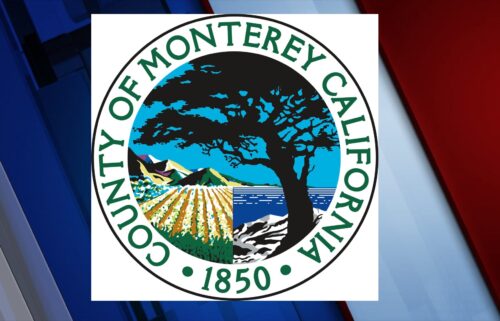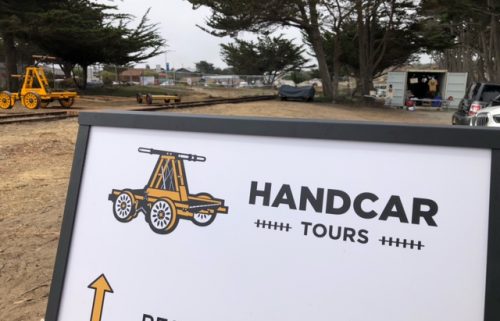“It felt like home”: Since “Year of the Return,” more Black Minnesotans have made pilgrimage to Africa
By REG CHAPMAN
Click here for updates on this story
MINNEAPOLIS (WCCO) — Black History Month is a time to recognize the achievements and accomplishments of Black Americans. For some its also a time to rediscover their ties to Africa.
The year 2019 marked 400 years since the first enslaved Africans arrived in America. That same year the country of Ghana encouraged African Americans to make a trip there to reconnect with their roots. It was dubbed the “Year of the Return.”
Over the past few years, many Minnesotans have taken that trip in the hopes of finding a connection.
Mother Atum Azzahir, founder of the Cultural Awareness Center, remembers the stirring in her soul that made her first want to travel to Africa.
“The recognition that we are of African descent, that we are a people whose history — and as a matter of fact whose memory — was attacked in the process of enslavement,” she said. “If I’m going to know who am I and who are my people, I have to go to the continent of Africa.”
For this community elder, learning and teaching about self to Black Minnesotans has been her life’s work. From inside the Cultural Awareness Center in south Minneapolis, she crafts lessons learned from her travels abroad to help lead others on a path of discovery.
“We don’t spend a lot of time thinking through the erasure of your language, of your naming systems, of everything that your customs, your practices,” Azzahir said.
She believes the core of being African is not being geographically identified, but culturally identified.
According to the Ghana Tourism Authority, the Year of the Return saw 1.5 million people travel to Ghana and other African nations. Hundreds of those tourists were from Minnesota.
Steve Floyd is an internationally-known photographer, trained by National Geographic. His pictures show an Africa, welcoming to Black Americans.
“My first experience of African culture, one was when they say, ‘Welcome home,'” Floyd said. “We hear all of this nonsense that Africans don’t like us. That’s B.S. You know, they welcome us home because they’ve had relatives who were taken, and all of the centuries and generations that they’ve been thinking about this story of who. So they almost look at us like you could be one our relatives. And, in reality, we are.”
Floyd is one of thousands of Minnesotans who traveled to Africa, taking his camera and other Minnesotans with him. Jaeondre Slaughter Ferguson was one of those Minnesotans, traveling to Senegal with Floyd.
“This was not the picture they painted on TV. So how we get the idea of Africa from movies and television — it’s dirty, the water is bad — so when you step into that environment and you see all of those people just working together, standing around, having conversation, dealing with their own confrontations without police officers and things like that, it amazes you,” Ferguson said. “It was unforgettable. It felt like home. It felt like that’s where I needed to be.”
He says what he saw and experienced is something he’ll never forget, and he hopes other Black Minnesotans will get a chance to feel what he felt being in Africa.
“You can hear stories from however many people have traveled to Africa, but until you step feet, step your body and your presence and your energy in that country or on that continent and that soil, you will never understand. You will never feel that love that they have for us, hearing stories from Americans in America,” he said.
Beyond the Year of the Return is the new push to get more Black Americans to forge closer ties to Africa. The Cultural Awareness Center sponsors trips to Africa twice a year.
Please note: This content carries a strict local market embargo. If you share the same market as the contributor of this article, you may not use it on any platform.



